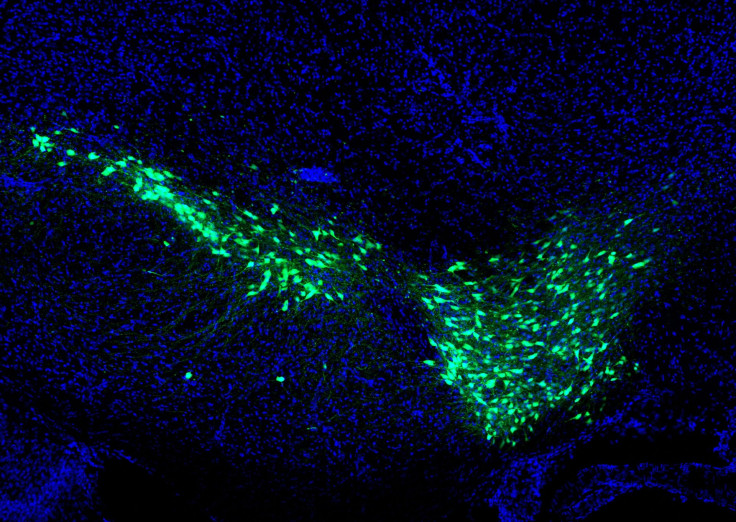Parkinson's Medical Breakthrough: Potential New Treatment Studied

There’s currently no known cure for Parkinson’s Disease, a neurodegenerative disease of the nervous system that causes the slowing and eventual failure of motor skills. However, a new study released Monday shows promising results for the generation of dopamine neurons. While the cells manipulated in the study can’t do everything natural dopamine cells can do, they’re still a promising possibility in the future of Parkinson’s treatment.
The disorder is usually treated with medicine that can increase or substitute dopamine in the brain that helps signal motor skills.
Read: Genetic DNA Testing For Diseases: FDA Approves 23andMe Direct-To-Consumer Kit
The study out of the Karolinska Institute in Stockholm, Sweden, detailed the tests that were done to assess the effectiveness of a mix of transcription factors, proteins involved in transcribing RNA, on small RNA molecules. The study involved first depleting the dopamine in the brains of mice before administering the mix of factors. Once the transcription factors, NEUROD1, ASCL1 and LMX1A, were injected into the brain of the mice, they were observed walking on a small treadmill.
The goal in injecting the transcription factors is to reprogram the astrocytes in the brain, that are responsible for the transmission of electrical impulses. Within five weeks of injection, the mice were back to walking normally again, with “complete gait cycles” and “correct paw usage,” according to the study.
While this outcome is promising, it’s not a sure cure for the disease. Parkinson’s can deplete more than just dopamine neurons, so replacing them will only help with some of the symptoms. Additionally, there are symptoms of the disease like slow cognition, depression and gastroenterological issues that this new treatment wouldn’t help solve.
© Copyright IBTimes 2025. All rights reserved.




















